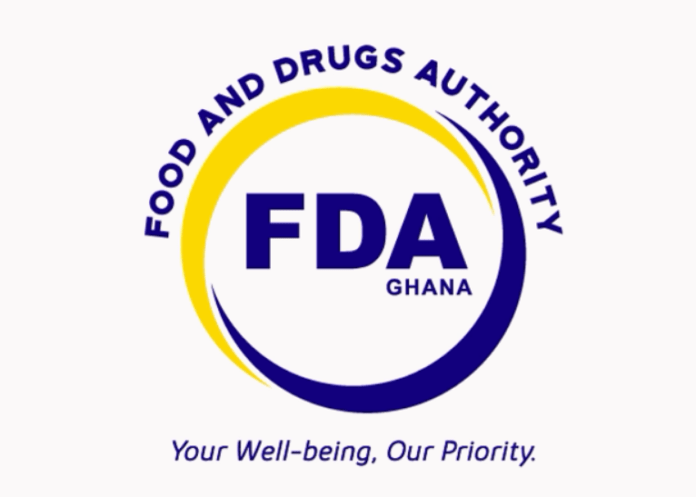The Eastern Regional Office of the Food and Drugs Authority (FDA) is encouraging institutions to include anti-smoking education in their programme activities to raise awareness of the risks associated with smoking and promote healthier lifestyles.
By integrating anti-smoking education, these institutions can play a crucial role in preventing the harmful effects of smoking and reducing tobacco-related diseases among the population.
Research has shown that individuals who start smoking in their teens and continue for two decades or more are at risk of dying 20 to 25 years earlier than those who never take up the habit.
In line with this, the FDA recently organized an event called “Post World No Tobacco Day” in accordance with the Public Health Act, 2012 (Act 851), Part 6, Section 66.
The Authority celebrated the Post-World No Tobacco Day event with students from the Seventh-Day Adventist (SDA) College of Education located in Asokore, in the Eastern Region.
Madam Anita Owusu-Kuffour, the Eastern Regional Head of FDA, stressed the importance of institutions regularly including anti-smoking education as specified in the Public Health Act, 2012 (Act 851), Part 6, Section 66.
This education should encompass the effects and health risks associated with smoking or using tobacco in various forms, including sniffing, chewing, inhaling, and other methods. Tobacco products contain nicotine, a highly addictive substance.
Madam Owusu-Kuffour highlighted the collaborative effort with teacher trainees who play a crucial role in disseminating this vital information to a broad audience, particularly students in Basic and Senior High Schools.
Mr. Eric Osei-Sarpong, Eastern Regional Chairman of the Pharmaceutical Society of Ghana, pointed out that shisha, a growing trend in tobacco products, is believed to have a similar impact to smoking numerous cigarettes during a one-hour session.
He emphasized the need for public awareness that shisha is not as harmless as it might appear due to the tobacco flavour and water filtration process.
During a presentation, Madam Juliet Adjeiwaa, the Eastern Regional Regulatory Officer at FDA, discussed the issue of substance or drug abuse with participants.
She explained that substance abuse refers to the use of illegal drugs for non-medicinal purposes or the misuse of prescription and over-the-counter (OTC) drugs for unapproved purposes, which can affect the nervous system, behaviour, and emotions.
Various drugs, including cocaine, heroin, cannabis, codeine, and tramadol, were mentioned, with the consequences of drug abuse including mental health disorders, academic difficulties, fatigue, and exhaustion.
Madam Adjeiwaa emphasized the importance of consulting a doctor before taking any medication, staying away from negative influences, and seeking professional assistance to prevent drug abuse.
Key stakeholders from the Ghana Prisons Service, the Ghana Police Service, and the traditional council participated in the Post-World No Tobacco Day event.
ALSO READ:

